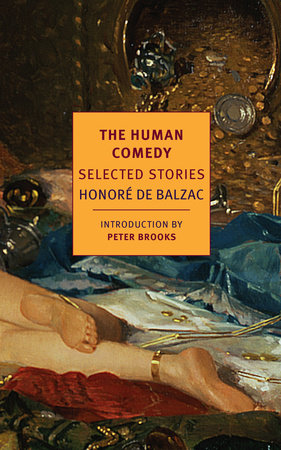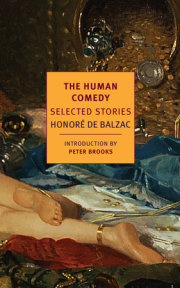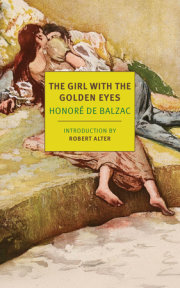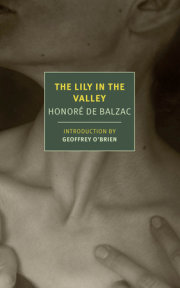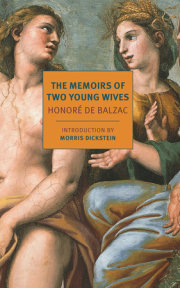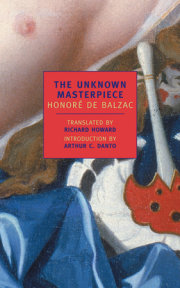Honoré de Balzac (1799–1850), one of the greatest and most influential of novelists, was born in Tours and educated at the Collège de Vendôme and the Sorbonne. He began his career as a pseudonymous writer of sensational potboilers before achieving success with a historical novel, The Chouans. Balzac then conceived his great work, La Comédie humaine, an ongoing series of novels in which he set out to offer a complete picture of contemporary society and manners. Always working under an extraordinary burden of debt, Balzac wrote some eighty-five novels in the course of his last twenty years, including such masterpieces as Père Goriot, Eugénie Grandet, Lost Illusions, and Cousin Bette. In 1850, he married Eveline Hanska, a rich Polish woman with whom he had long conducted an intimate correspondence. Three months later he died. In addition to the present collection, NYRB Classics publishes a translation of Balzac’s The Unknown Masterpiece and Gambara.
Peter Brooks is the author of several books, including The Melodramatic Imagination, Reading for the Plot, Psychoanalysis and Storytelling, Troubling Confessions, Realist Vision, Henry James Goes to Paris, and Flaubert in the Ruins of Paris, as well as two novels, World Elsewhere and The Emperors’ Body; and essays and book reviews in many places. He edited Balzac’s The Human Comedy: Short Stories for NYRB, and also Vivant Denon’s No Tomorrow. He is Sterling Professor of Comparative Literature Emeritus at Yale, and also taught recently at Princeton. He divides his life between Alexandria, VA and New Haven, CT.
Linda Asher has translated works by Milan Kundera, Georges Simenon, Victor Hugo, Jean-Pierre Vernant, Restif de la Bretonne, and many others. A former fiction editor at The New Yorker, she has and ASCAP Deems Taylor translation prizes and is a Chevalier of the Order of Arts and Letters of the French Republic.
Carol Cosman is a translator of French literature and letters. Her work includes Exile and the Kingdom by Albert Camus, Colonel Chabert by Honoré de Balzac, America Day by Day by Simone de Beauvoir, The Elementary Forms of Religious Life by Emile Durkheim, and The Family Idiot (a study of Flaubert) by Jean-Paul Sartre.
Jordan Stump is a professor of French at the University of Nebraska–Lincoln; the author, most recently, of The Other Book: Bewilderments of Fiction; and the translator of some twenty works of (mostly) contemporary French prose by authors such as Marie NDiaye, Eric Chevillard, Antoine Volodine, and Jean-Philippe Toussaint. His translation of Claude Simon’s The Jardin des Plantes won the French-American Foundation’s annual translation prize in 2001.

